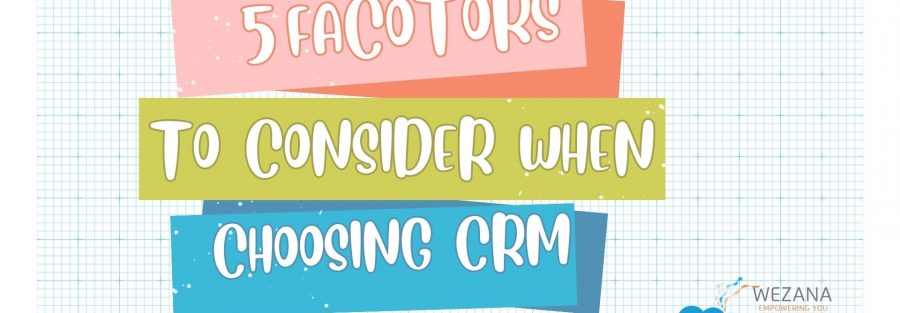So, you’ve finally had enough of the spreadsheets and chaotic manual processes. Managing donor relationships, tracking fundraising efforts, and measuring program impact shouldn’t feel like navigating a maze blindfolded. Fortunately, there’s a solution: a Customer Relationship Management (CRM) system tailored specifically for nonprofit organizations (NGOs). But with so many options available, how do you choose the right one for your NGO? Don’t worry, we’ve got you covered. Here’s a quick guide on factors to consider when choosing a CRM for your NGO:
Donor Management and Fundraising Tools: First and foremost, consider the donor management and fundraising tools offered by the CRM. Can it track donor interactions, manage fundraising campaigns, and process donations seamlessly? Look for features such as online donation forms, peer-to-peer fundraising, and event management capabilities to streamline your fundraising efforts.
Customization Options: Every NGO is unique, with its own set of processes, workflows, and data requirements. Choose a CRM that offers customization options, allowing you to tailor the system to your organization’s specific needs. From custom fields and workflows to personalized dashboards and reports, flexibility is key to maximizing the CRM’s effectiveness.
Reporting and Analytics: Data-driven decision-making is essential for NGO success. Make sure the CRM provides robust reporting and analytics tools that allow you to track fundraising performance, measure program impact, and gain insights into donor behavior. The ability to generate customizable reports and dashboards ensures you have the information you need to make informed decisions.
Integration Capabilities: Your CRM should seamlessly integrate with other tools and platforms used by your organization, such as email marketing software, accounting systems, and online donation platforms. Integration eliminates data silos and ensures smooth data flow across your organization, saving time and minimizing errors.
Scalability: As your NGO grows and evolves, so too should your CRM. Choose a scalable CRM that can grow with your organization, accommodating an expanding donor base, increased programmatic activities, and additional staff and volunteers. Scalability ensures your CRM remains effective and efficient in the long term.
Data Security and Compliance: NGOs deal with sensitive donor information and must prioritize data security and compliance with regulations such as GDPR and HIPAA. Ensure the CRM employs robust security measures and complies with relevant data protection laws to safeguard donor privacy and maintain data integrity.
Support and Training: Last but not least, consider the support and training provided by the CRM vendor. Look for comprehensive support resources, including online tutorials, help documentation, and responsive customer support channels. Training ensures your team can effectively use the CRM to its full potential, maximizing its value to your organization.
In conclusion, choosing the right CRM for your NGO is a critical decision that can have a significant impact on your organization’s success. By considering factors such as donor management and fundraising tools, customization options, reporting and analytics capabilities, integration capabilities, scalability, data security and compliance, and support and training, you can select a CRM that meets your organization’s needs and helps you achieve your mission more effectively.
Still not sure whether a CRM is right for you, take this short quiz (1-minute MAX) and get a recommendation.
We Love Making New Friends, reach out using the form below for any questions you might have about your CRM Needs.


